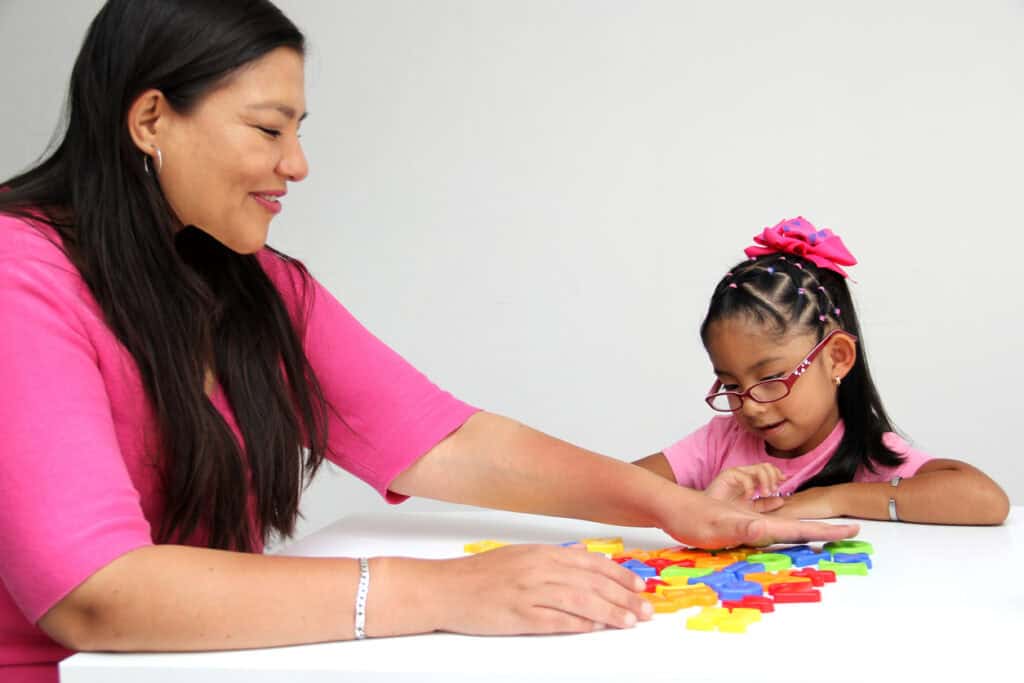Understanding Your Psychoeducational Assessment Report
A psychoeducational assessment provides a detailed look at how you or your child thinks, learns, and processes information. This report breaks down cognitive abilities, academic skills, and emotional factors that might impact learning. Understanding these insights can help guide educational decisions, identify areas needing support, and highlight strengths that can be built upon. If you’re in Palo Alto, CA, and going through this process, remember that it’s a tool for better understanding individual needs and tailoring educational strategies for success.
Understanding Cognitive Abilities
A psychoeducational assessment offers an in-depth exploration of cognitive abilities, including memory, attention, and problem-solving skills. By evaluating these mental functions, the assessment provides insights into how effectively an individual processes and retains information. This understanding is crucial for identifying specific learning styles and challenges, helping educators and parents create tailored strategies that accommodate cognitive strengths and weaknesses.
Moreover, assessing cognitive abilities helps pinpoint areas where additional support may be needed. For instance, if an assessment reveals difficulties with attention, targeted interventions can be implemented to enhance focus and concentration. This personalized approach ensures that educational strategies are aligned with the individual’s cognitive profile, promoting more effective learning experiences.
Analyzing Academic Skills
A key component of psychoeducational assessments is the evaluation of academic skills, such as reading, writing, and mathematics. This analysis determines the proficiency levels in these core subjects and identifies any gaps or areas needing improvement. By understanding where a student excels or struggles academically, targeted support can be provided to address specific learning needs.
Additionally, the assessment highlights strengths that can be leveraged to boost overall academic performance. For instance, a student with strong analytical skills but struggling with writing might benefit from enhanced writing instruction while continuing to build on their analytical strengths. This focused approach helps in developing a well-rounded educational plan tailored to individual needs.
Emotional Factors and Learning
Emotional factors play a significant role in learning and academic performance. Psychoeducational assessments often include an evaluation of emotional well-being to identify issues such as anxiety, depression, or social challenges. Understanding these emotional factors is essential for creating a supportive learning environment that addresses both academic and emotional needs.
By addressing emotional barriers, such as anxiety or low self-esteem, educators and parents can implement strategies to help improve overall learning outcomes. For example, if a student experiences test anxiety, interventions such as relaxation techniques or counseling may be introduced. This holistic approach ensures that emotional well-being is integrated into the educational plan, fostering a more positive and effective learning experience.
Tailoring Educational Strategies
The insights gained from a psychoeducational assessment are instrumental in tailoring educational strategies to meet individual needs. By understanding cognitive strengths, academic skills, and emotional factors, educators and parents can develop customized approaches that address specific learning challenges. This personalized strategy enhances the effectiveness of educational interventions and support.
Tailoring educational strategies based on assessment results can include modifying teaching methods, providing additional resources, or implementing specialized programs. For example, a student with strong visual learning preferences might benefit from visual aids and hands-on activities. This tailored approach ensures that educational support is relevant and effective, promoting better learning outcomes.
Identifying Support Needs
Identifying support needs is a crucial outcome of psychoeducational assessments. By pinpointing areas where additional help is required, educators and parents can provide targeted interventions to address specific challenges. This process involves recognizing gaps in skills or cognitive functions and implementing strategies to bridge these gaps effectively.
For instance, if an assessment reveals difficulties with reading comprehension, targeted reading interventions and support can be introduced. Identifying support needs early on allows for timely intervention, preventing minor challenges from escalating into significant academic issues. This proactive approach ensures that students receive the necessary support to succeed academically.
Highlighting Strengths
One of the valuable aspects of psychoeducational assessments is the identification of individual strengths. Understanding a student’s unique talents and abilities allows for the development of educational strategies that leverage these strengths. This focus on positive attributes helps build confidence and motivation, contributing to overall academic success. For example, a student with exceptional problem-solving skills might be encouraged to participate in advanced math or science projects. Highlighting and nurturing strengths can also boost self-esteem and engagement in learning. By recognizing and cultivating these strengths, educators and parents can create a more enriching and motivating educational experience.
- Recognition of Unique Talents: Psychoeducational assessments reveal individual strengths, enabling educators to tailor educational strategies that align with a student’s unique abilities. This personalized approach helps in creating a more engaging and effective learning experience.
- Boosting Confidence and Motivation: By focusing on a student’s strengths, assessments help build confidence and motivation. When students see their talents being recognized and utilized, they are more likely to engage actively and take pride in their academic achievements.
- Targeted Learning Opportunities: Identifying strengths allows for the creation of targeted learning opportunities. For example, a student with advanced problem-solving skills might be encouraged to explore complex projects or subjects that match their abilities, fostering deeper learning.
- Enhancing Self-Esteem: Highlighting and nurturing strengths contributes to a student’s self-esteem. When students are acknowledged for their abilities, they develop a positive self-image, which enhances their overall attitude towards learning and academic challenges.
- Creating a Motivating Environment: Utilizing strengths in educational strategies creates a more motivating environment. When students are engaged in activities that play to their strengths, they are more likely to be enthusiastic about their education and persist through challenges.
Guiding Educational Decisions
Psychoeducational assessments provide critical guidance for making informed educational decisions. By offering a comprehensive understanding of a student’s learning profile, these assessments help educators and parents choose appropriate educational paths, interventions, and resources. This informed decision-making process ensures that the chosen strategies align with the student’s needs and potential.
For instance, if an assessment indicates that a student thrives in a particular learning environment or with specific instructional methods, these preferences can guide decisions about classroom placements or specialized programs. Effective educational decisions based on assessment results lead to more successful academic experiences and better overall outcomes.
Enhancing Learning Experiences
Enhancing learning experiences is a primary goal of psychoeducational assessments. By providing a detailed understanding of how a student learns best, these assessments enable the creation of enriched and engaging educational environments. Tailored learning experiences that align with individual needs help maximize educational success and personal growth.
For example, if an assessment reveals that a student benefits from interactive and hands-on learning, incorporating these elements into the curriculum can make learning more effective and enjoyable. Enhancing learning experiences based on assessment results ensures that students are engaged, motivated, and supported in their educational journey.
Conclusion
Understanding your psychoeducational assessment report is a crucial step in harnessing the full potential of the insights provided. At Abbey Neuro Psychology Clinic in Palo Alto, CA, we emphasize the importance of comprehending the detailed findings and recommendations in your report. This understanding helps in implementing tailored educational strategies that address individual strengths and areas for growth. By thoroughly interpreting the assessment results, educators and parents can collaboratively develop effective plans that enhance a student’s learning experience.
Navigating the nuances of your assessment report can lead to more informed decisions and better support for the student’s academic and emotional needs. At Abbey Neuro Psychology Clinic, we are committed to guiding you through this process to ensure that every student receives the personalized support they need to succeed.






